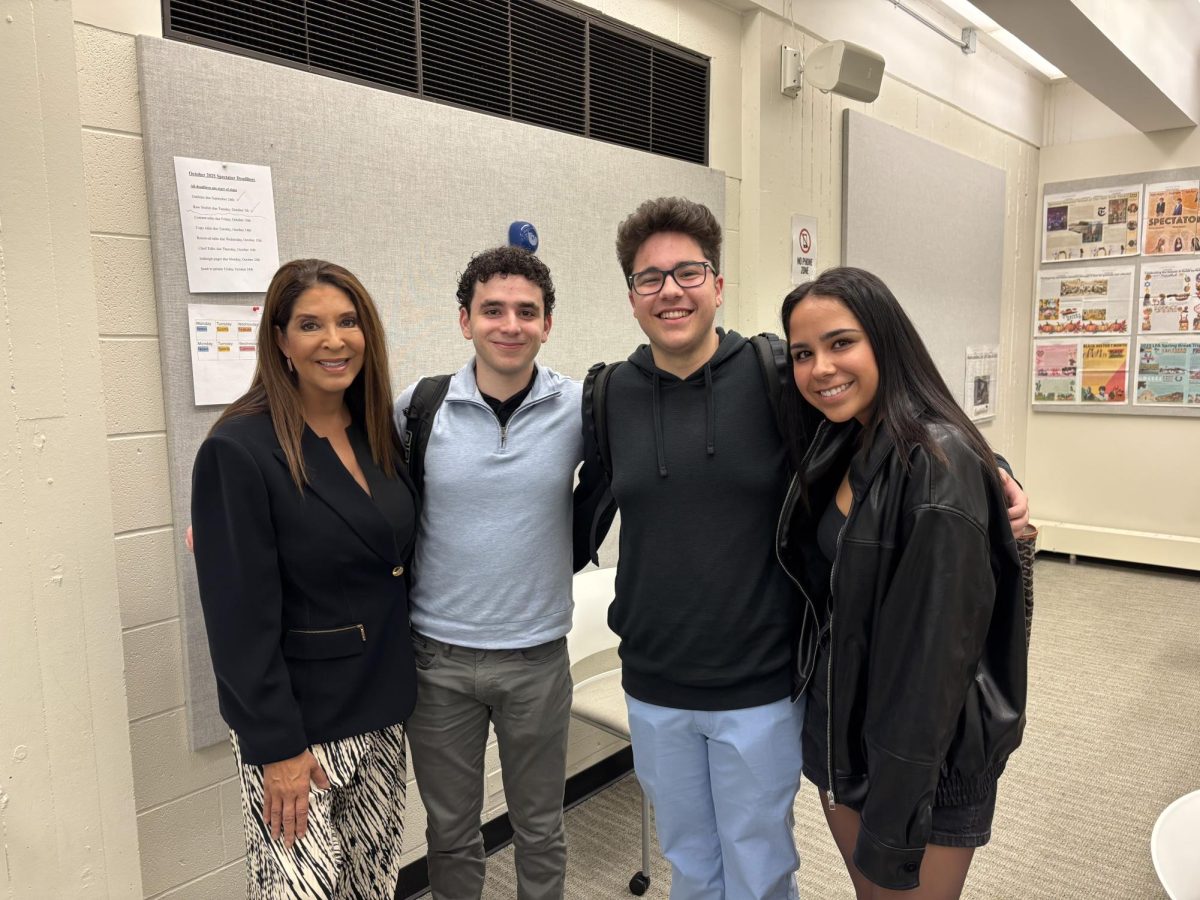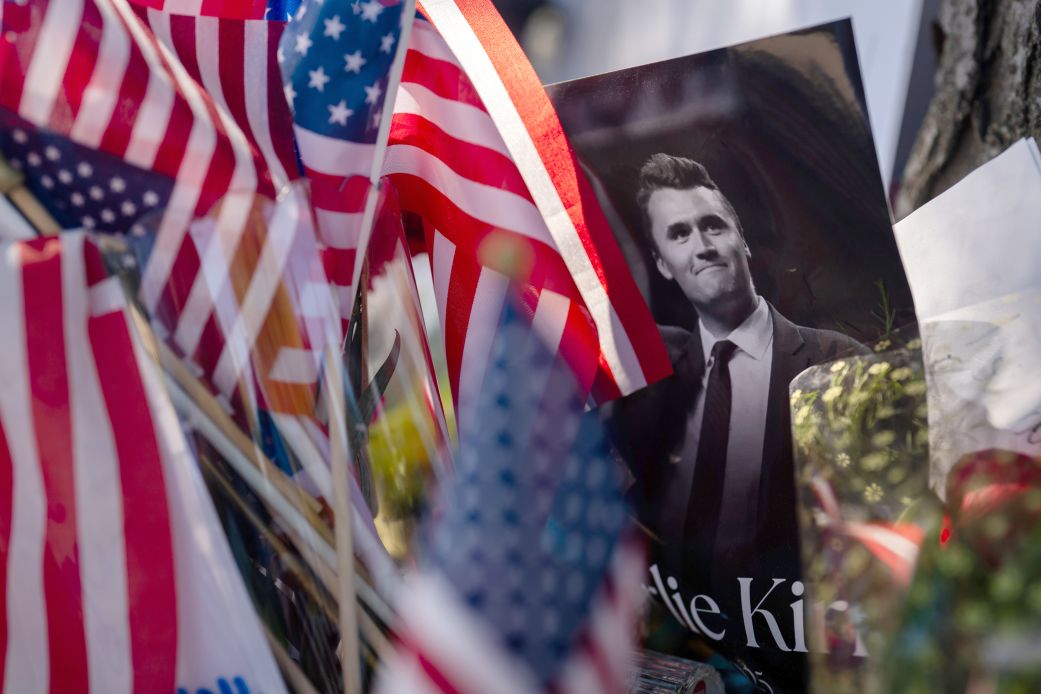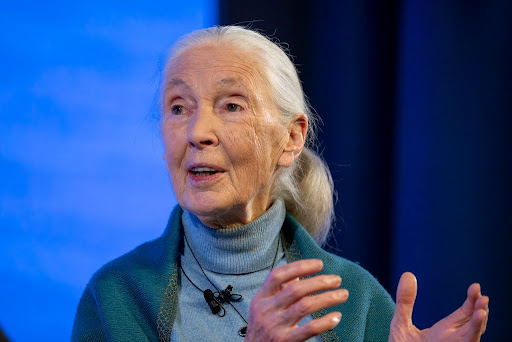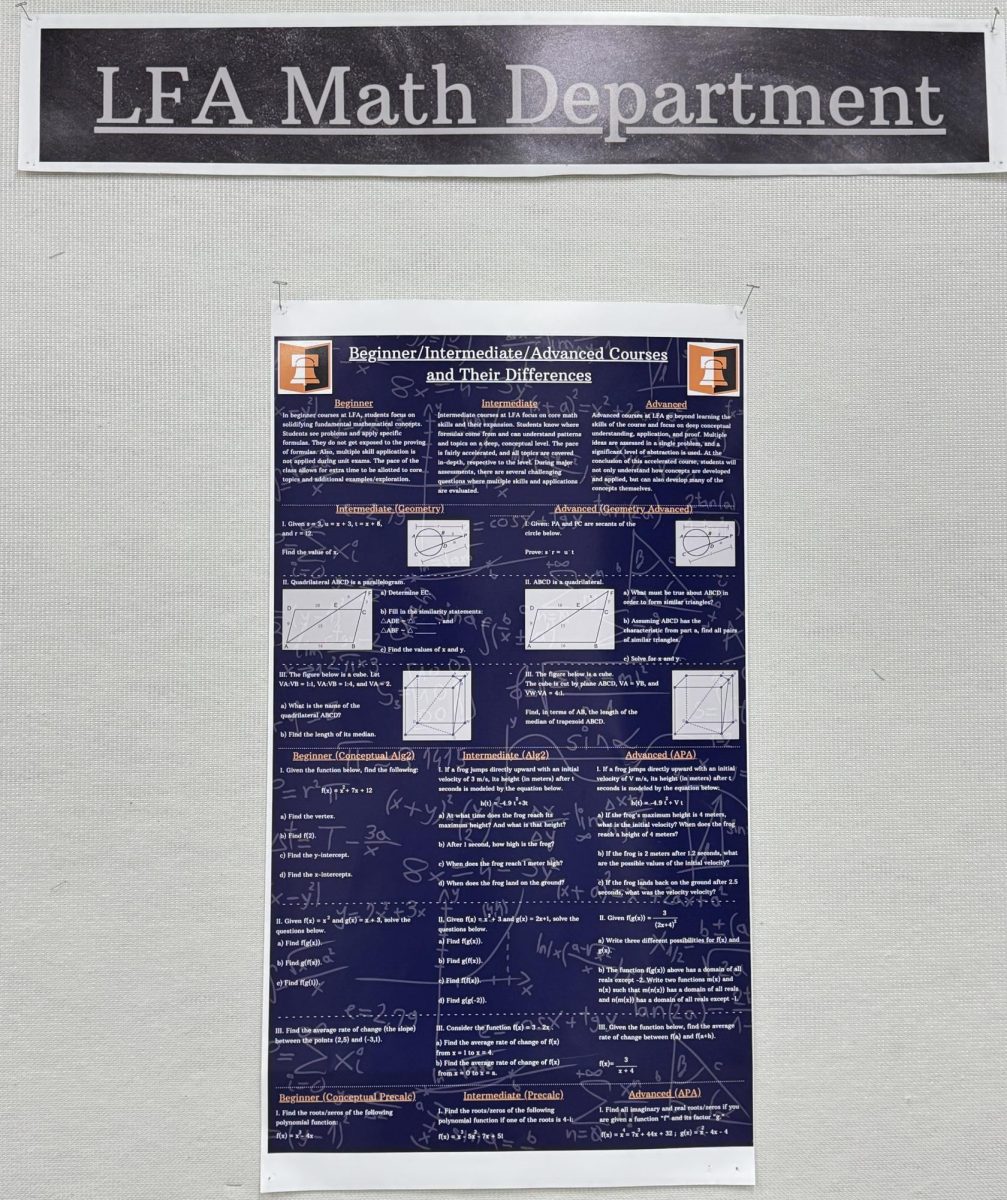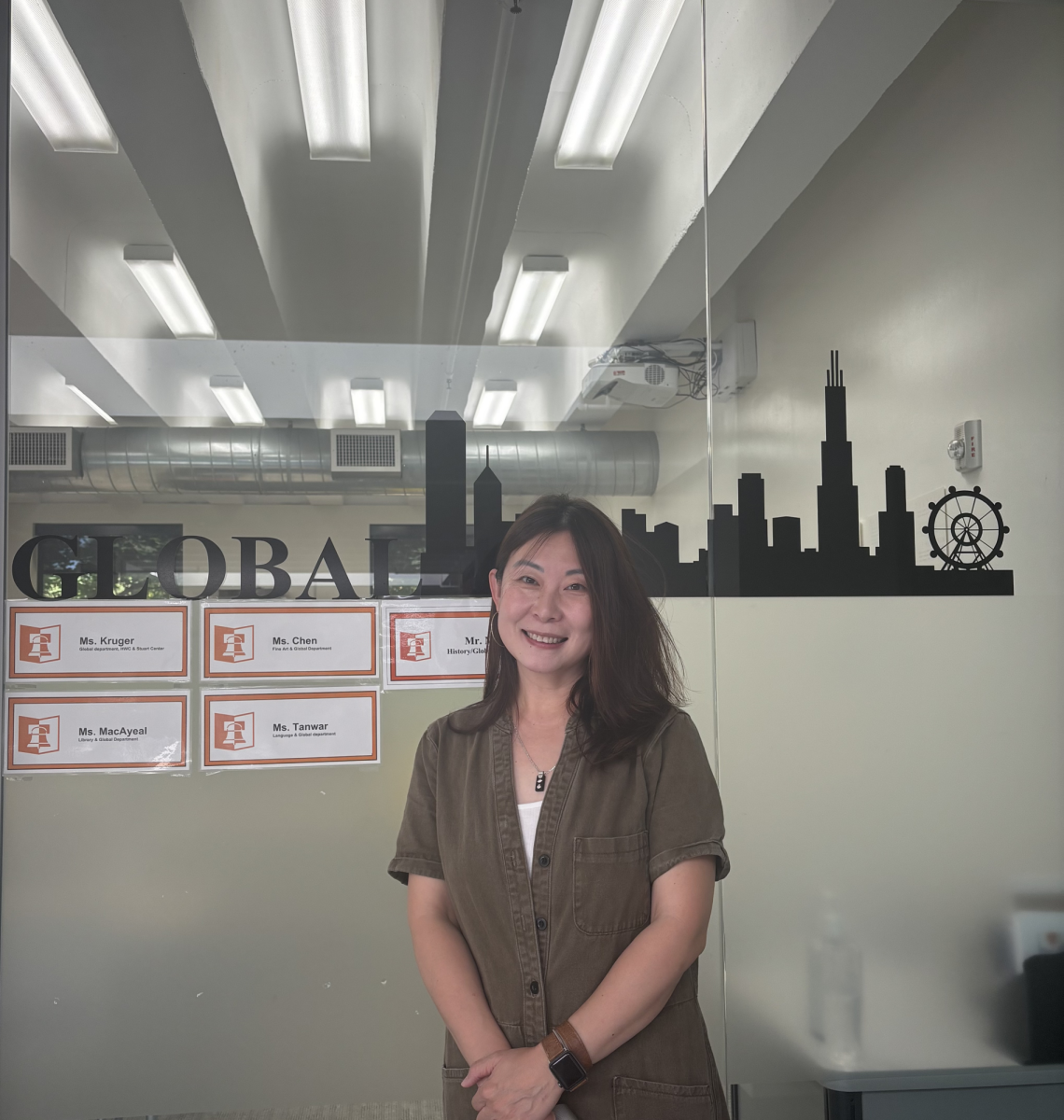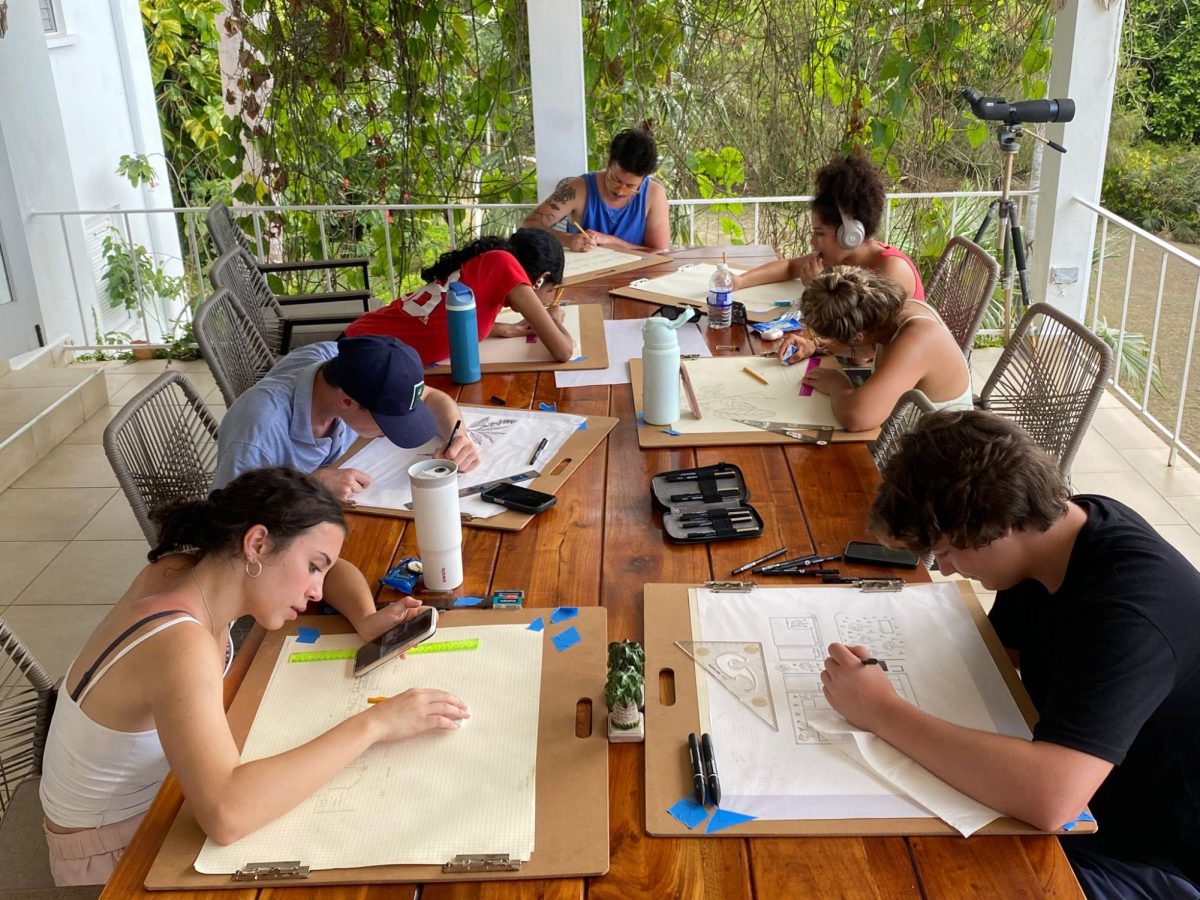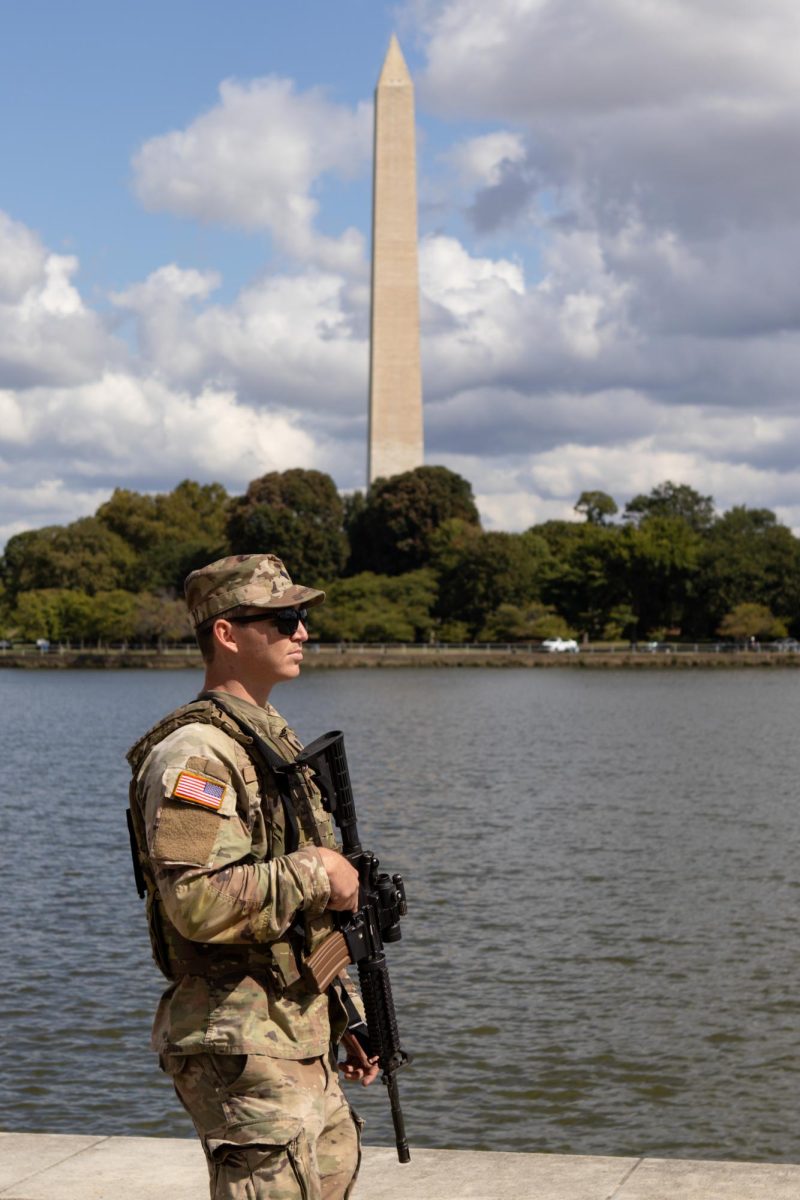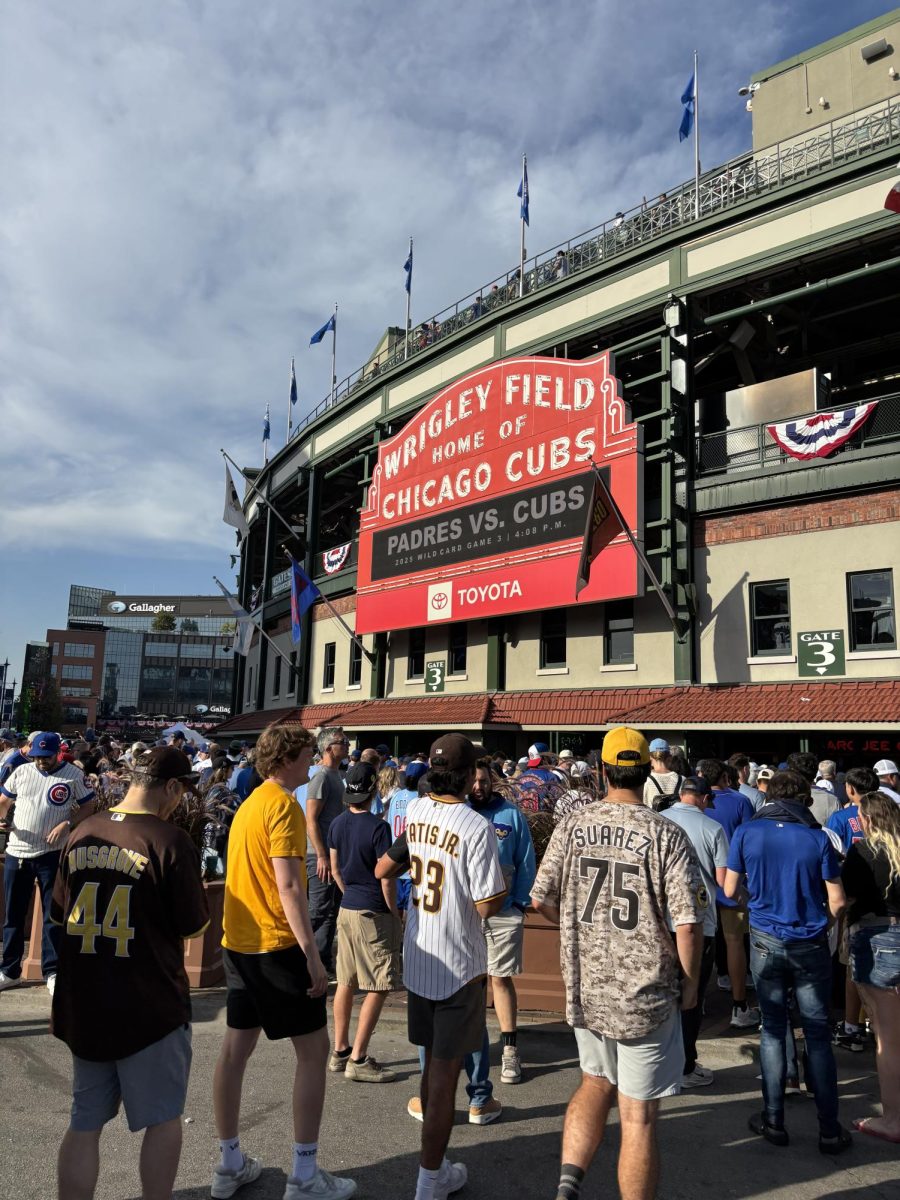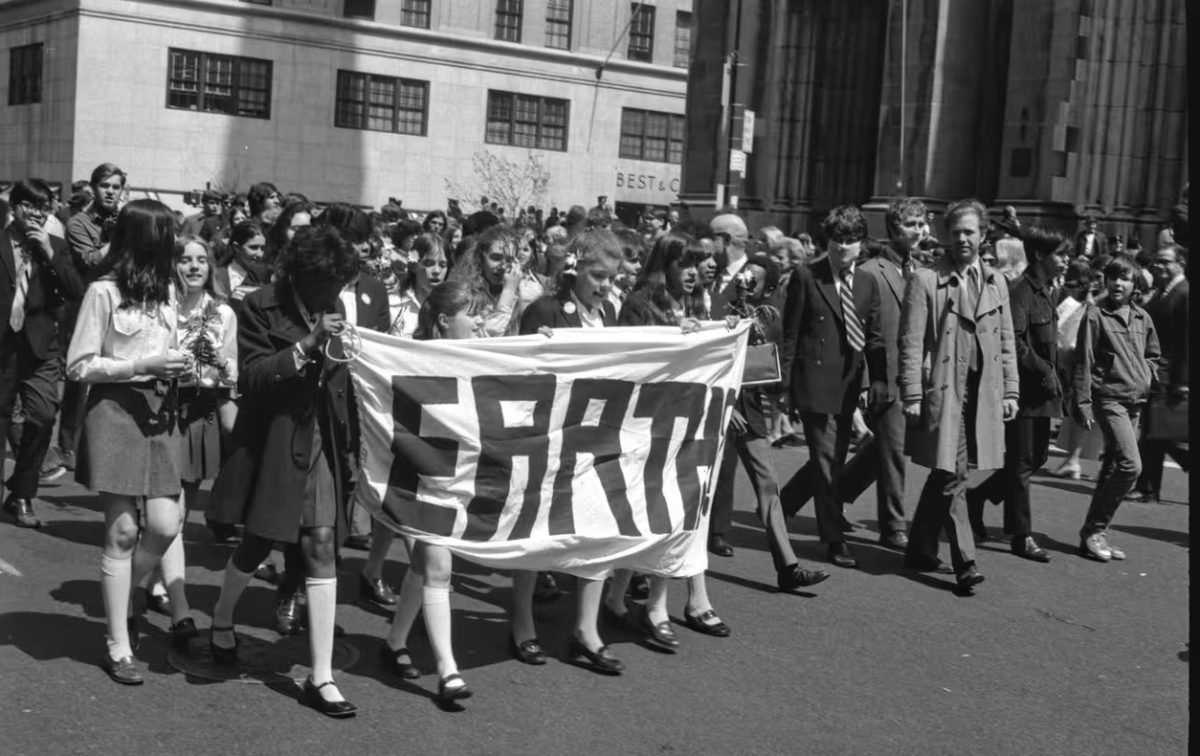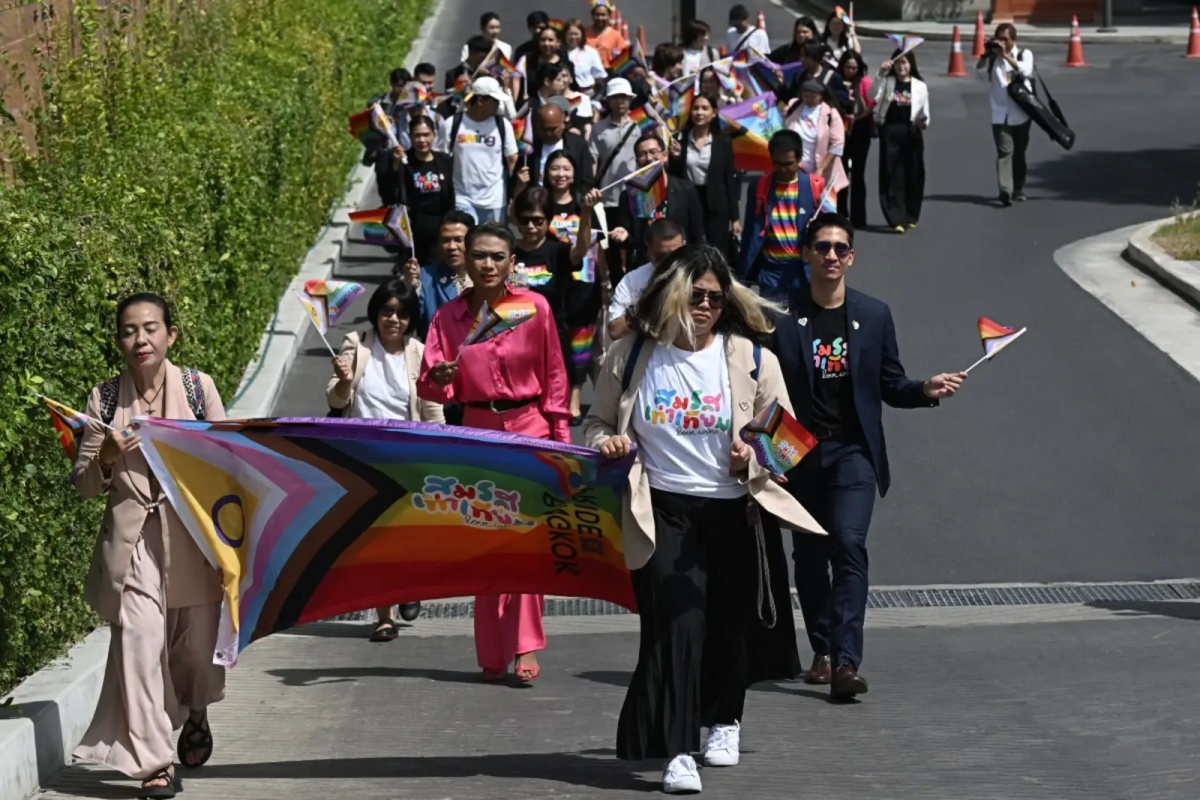Confronting Racism at LFA
March 16, 2023
Lake Forest Academy is not immune to racism. Racist incidents, big or small, have affected the experiences of many students and faculty of color.
A culture that does not outright address accusations of discrimination allows the disease of racism to fester. LFA has made great strides in becoming a mecca of diverse people, perspectives, and ideas, and it would be an absolute disservice to that progress to allow a culture of hidden racism to grow. Experiences of racism at LFA can feel even more hurtful when, in the halls and in the classroom, there’s conversation among people complaining about the ‘disadvantages’ their racial or socio-economic privilege results in (typically regarding the college process) or the guilt they feel about their privilege.
When asked how race has impacted her experience at LFA, Lusanda Mayikana, the Dean of Pluralism & Multicultural Affairs, said, “For me, I feel like life prepared me for LFA because I was born and raised in Apartheid South Africa.” Mayikana elaborated, “Yes, I have had a million encounters [of racism] that people will pretend or can claim they didn’t mean anything by it.”
When asked how prevalent she believes racism is at LFA, Mayikana said, “Well, all you have to do is walk over to the Student Center; just listen to those conversations that the kids have.” Mayikana continued, “ I think it [racism] is quite prevalent…I know it is happening a lot because my son [who graduated in 2014] went through his education at LFA, and I recall several racist incidents he told me about, and I don’t know how much it has changed.”
Assistant Head of School Nancy Nassr explained how race has affected her when confronting ignorant comments. She said, “When you try to share micro-aggressive behaviors with folks who have not experienced them or have very limited experiences, there’s an automatic response of like, well you’re looking for this, or there’s an automatic dismissal of your experiences as a person of color. As a person of color, you can quickly become problematized if you bring up any type of concern, especially when talking about microaggressions.”
When asked how incidents of racism have affected his relationships with others at LFA, Ackim Mpofu, a History & Social Science Teacher, said, “They make you think twice because when someone does that, it’s not only like they’re doing it in the workplace. You know, that’s part of their lifestyle; they’re also doing it at home. You are often thinking how they view you as a person… It can be difficult being around those people or even the workplace because you don’t know what is going on behind my back. And it’s worrying because if they can look at me like that when I’m an adult who can defend myself, what about students who look like me?”
Many students shared similar experiences facing micro-aggressive or blatant racism, validating Mpofu’s concerns for students of color. Saanvi Malkani ‘23, one of the Multicultural Prefects, was one of these students.
When asked about the prevalence of racism at LFA, Malkani said, “It exists in two forms: one is largely microaggression, and the other is ignorance.” Malkani detailed a microaggression she frequently faces: “At least twice a week, I get called by another South Asian student’s [name]—it can be a guy’s or girl’s [name].” Malkani expanded on this experience saying, “I’ve reported these instances multiple times…I’ve heard that it’s been dealt with, but you [still] hear that teacher call other students—particularly students of color—the wrong name.” Additionally, Malkani recalled a time when a student said, “Being called racist is worse than racism.” When Malkani spoke about this instance with the administration, Malkani said LFA responded by “try[ing] to dissolve the conflict” rather than the racism. Malkani has also heard things like, “Asians ruin the curve for every class.” When that student was confronted for that statement, the student defeated themself by saying, “Well, you can say it around 90% of the school.”
Ariana Rashid ‘23, Muslim Student Union Co-leader and South Asian Student Union Co-leader, shared that she was a witness to the incident mentioned by Malkani. She said, “There are groups of people who say these ignorant things together, like an echo chamber, and the only people of color you see around them are ones who are tolerant and enable them.”
These incidents of racism can vary from student to student. Some shared moments of microaggressive language that they experienced.
Sajan Shah ‘23, one of the Multicultural Prefects, recalled a similar experience: “He [his coach] never remembered my name. I had him for three years, and he never remembered my name. That was the same for many POCs on the team.”
Kennedy Pemberton ’23, a member of BSU, recalled a time when in a discussion of racial classification of Spanish colonists in a class, the teacher said that “The mulattos look like Kennedy.”
Ferry Ziyi Ye ’23 said that she encounters stereotypes like, “Oh that’s an Asian girl. She can’t play basketball,” or “Asians should be nerdy.”
Similarly, Xitlali Ayala ‘23, UNIDOS co-leader, recalled a time when a student said that “being Mexican is the same thing as being Spanish…grossly grouping us together.” Ayala continued by saying, “Classmates make jokes about me being Mexican and make generalizations…[like that] Latina are aggressive or wordy or considered feisty.”
Former BSU leader and Pre-Law Society president Joie Romelus ‘23 described a recent incident in which a faculty member was reviewing her progress report with her. According to Romelus, this faculty member had pulled up her grades, and was “just looking at the screen.” Romelus questioned her pause, so the faculty member responded by saying, “No, you just actually have good grades.” Romelus reflected, “This is the worst part–I think she thought it was a compliment.” Romelus also added that this faculty member “said nothing [similar] to white counterpart next to me” when reviewing their grades. Though this phrase might seem arbitrary to some, like a common expression adults may use to disarm their students from anxiety over receiving grades, it can come across as a judgment on the individual based on preconceived notions and, perhaps, even biases based on race.
Other students shared moments of deliberate action that they were forced to confront.
When asked if he was comfortable sharing a firsthand experience of racism at LFA, Rashad Smith ’23 said, “Last year, during lunch, we [a group of Black students] were sitting at lunch and had to hear monkey noises made towards our table and stuff…and you just have to confront those situations and talk it out. Because faculty, in general, will sweep it under the rug and try to handle things privately. All anyone will get is a slap on the wrist.”
Smith’s comment alluded to a common belief that LFA harbors an environment that fails to properly address acts of racism or sometimes, perhaps, hides them.
When asked about how racism seems to be handled at LFA, Malkani said, “I think our school portrays itself as a very diverse and welcoming community, so when instances of racism do occur—especially when public—LFA tends to sweep it under the rug in order to not stain that image.” Malkani expanded on this by saying this strategy “just fractures [the LFA community] more,” and it creates a “culture of tension.”
In discussion on how LFA handles racism, Pemberton said, “I think they’re afraid…of making the school uncomfortable, but sometimes you have to make the school uncomfortable.”
This raises further questions: How are racist incidents handled once reported? Does this method need tweaking to be effective?
According to Mayikana, when a faculty member is accused of discrimination, they are “usually brought into a meeting with the Dean of Faculty and with me” and “sometimes with HR.” Mayikana elaborated that the “incident is documented” and “goes into a file for that individual.” Mayikana continued, “Very often, we do not disclose who reported the incident” because “we don’t want any form of retaliation.” On the topic of how LFA responds to an individual committing discrimination, Mayikana said, “It is their responsibility to educate themselves..nor is it my duty to educate them. They are supposed to go out and learn.”
However, this method has been shown to be ineffective, leaving LFA students to often feel left on their own. Across the many different spheres of LFA’s unique perspectives and diverse cultures, there is a commonality in the disappointment towards the way reports are addressed.
Ayala said that LFA’s overall response to racism, “makes me feel invisible…[and] makes me feel frustrated that I’ve been here for four years, and I’ve seen very little change on this campus.”
When asked how she feels racism is handled, Romelus said, “horribly, absolutely horribly.” She continued, “It [LFA’s current method] doesn’t make you feel protected. It makes you feel like they care more about their image.” When asked how LFA can improve, Romelus said, “The best way is to openly address it. I remember when Dr. Smith—which I really appreciated— when we were playing Kahoot [in morning meeting] and someone named themselves ‘Build the Wall’ [during an UNIDOS presentation], and literally that second, Dr. Smith got on stage and was like ‘That’s not appropriate. That’s not what we do here.’”
Anusha Srivastava ’23, South Asian Student Union Co-leader, said that “Racism is not really handled at LFA very well… like students don’t feel comfortable just knowing that ‘it’s been handled.’” Srivastava added, “Racism is not taken as seriously as it should.” Srivastava continued, “We treat people who take drugs more seriously than racism…we have more policy on partying and zero tolerance than what to do with racism.” Overall, Srivastava said, “There is so much at this school that is not talked about and is hidden.”
Students do not feel like confronting discriminatory acts in the moment or reporting incidents later on are safe options, partly due to the historical lack of action by the administration concerning these matters in some cases.
When asked if they felt comfortable or safe reaching out to faculty to report an incident of racism or simply have a conversation about a microaggression, both Braeden Murray ’23 and Bryson Royale ‘23 shared similar sentiments. Murray said, “It definitely depends on which faculty member and in what context. There are a lot of faculty that reach out, but as a minority student, you want to look towards teachers of your own race or background who can somewhat understand or give you clarity as to what your experience is and how you can go about your experience.” Murray expanded and said, “Faculty members that are not talking to students definitely need to make the strides to talk to students of other minorities.”
Royale said, “I definitely feel more safe talking to Black faculty members about racist instances… but with the dynamics between students and teachers, I wouldn’t feel safe conveying to a teacher that a comment or action they made was microaggressive or even just racist.”
When discussing talking about discrimination with faculty, Srivastava added, “Since I feel like nothing ever really gets done, I feel like there is no use.”
When asked if she feels safe to talk to faculty about these issues, Ayala added, “You can bring it up to a teacher, but at the end of the day, they all kind of say ‘that’s how the system works.’”
Confronting someone about microaggressive comments becomes difficult when those confronting are perceived, or painted, as problematizing.
Mayikana explained, “It doesn’t matter what their intention is… the impact is what matters” but “most of the time what I hear is: ‘but I didn’t mean to cause any harm.’” Mayikana said, “Unfortunately, we have a lot of adults [in general society] saying anything to do with diversity is divisive…that is not accurate. It [discussions on DEI] centers the lived experiences of people whose identities are marginalized and decenters anyone who is not a part of the dominant group.”
While many student leaders have expressed their distaste for the current system of handling incidents of racism, LFA—with its unique level of diversity—does have the tools to grow. Both students and faculty offered up opinions on how to best approach this.
When asked how LFA could improve, Shah said, “There needs to be more transparency with the students. A lot of the students are in the dark. There’s not enough communication [about the process regarding reported racism] between the teachers and the students.”
On the topic of prom being originally scheduled on Eid al-Fitr, Mazin Awada, Muslim Student Union co-leader, said, “It would have been nice if students could be involved in the planning of major events to avoid them being scheduled on a major religious holiday.”
The LFA Head of School Equity Task Force (HSET), which was created in recent years to investigate DEI issues and propose solutions, has concluded that there are persistent unresolved equity and inclusion issues. To combat this, they recommend a faculty disciplinary process that mirrors the students’ Disciplinary Committee. In terms of representation, this task force also found a need for robust recruitment and retention of diverse candidates.
However, when asked whether reported incidents of racism or ignorance should be made public, Nassr explained how a clear policy towards handling the incident would be more productive. Nassr said, “Without the boundaries of employment, I would say its good for people to know what the consequences are or how something is being handled, but as a school leader and as someone who is employed, I recognize that there are employment laws and privacy laws, so you’re really bound by those things.” Nassr expanded and said, “People are going to make mistakes; those mistakes absolutely need to be responded to through clear policy, without necessarily talking publicly about what happened, because again, you’re bound by certain laws that you do need to adhere to.”
Malkani said, “They [students of color at LFA] should not have the responsibility to educate faculty on how not to be racist to them but, at LFA, they kind of have to because the administration does not always do that work.”
On the topic of DEI training as “punishment,” Mayikana said, “Because when people are mandated to attend a DEI course and don’t have autonomy, they would take it as punishment and come back resentful because they were forced to attend. In that case, they would learn nothing.” When asked about the ideal future, Mayikana said, “What I would like to see is that everyone is required to demonstrate that they have done the work necessary or committed to continuous learning. DEI work is ongoing; it is not a case of taking one course and thinking now you get it.” Mayikana expanded by saying, “DEI work is something that everyone [including students] has to do… it is not just something to send them to Mrs. Mayikana. That is not realistic.”
Overall, change is required to make LFA a safe space for the entire community. A new DC committee for faculty, as the Head of School Equity Task Force recommended, would be a sign of significant progress. However, racism is not something that can be healed overnight, and, unfortunately, there is no magic solution. On a final note, to ignore the fact that racism exists at LFA is a choice, a choice that not everyone has.

